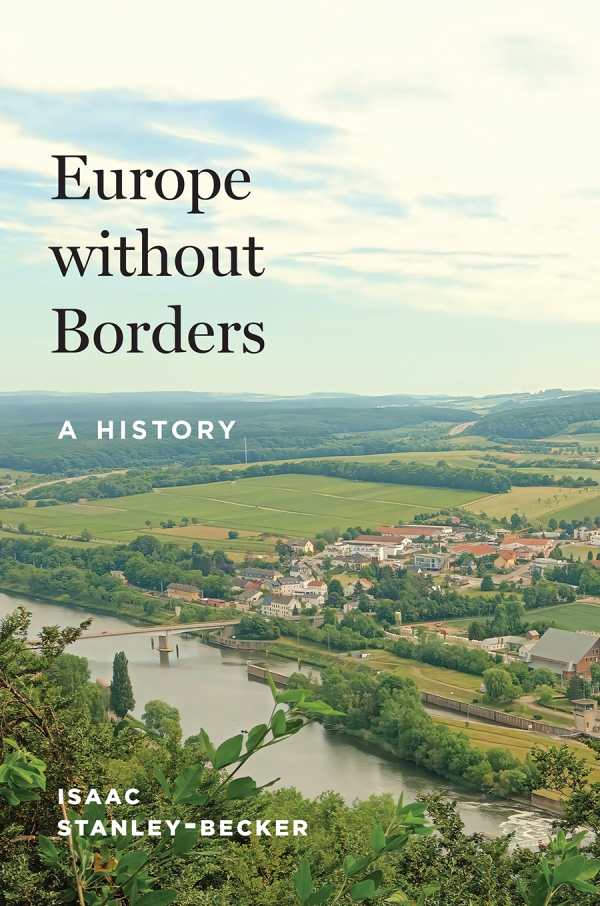Europe without Borders
A History
Steeped in original archival research, Isaac Stanley-Becker’s Europe without Borders explores the complicated history of the campaign for a united, borderless Europe.
After the horrors of World War II, leaders from Western Europe agitated for the abolition of borders to guarantee long-term peace and cooperation through a “united Europe.” The book traces the halting development of this ideal through several landmark but imperfect agreements, culminating in the Schengen Treaty in 1985. It established a space for free movement for European citizens within a designated area.
But even as the “Schengen Area” would expand to include most of the continent, irreconcilable tensions in the ideal of a “united Europe” remained, threatening to undo progress. The book identifies two specific threats: the creeping growth of a new transnational surveillance infrastructure and renewed hostility toward non-European migration. These threats, the book argues, created an uncertain future for the ideals of “free movement” in Europe and across the globe.
The book is rich in documentary detail, uncovering secret and often scandalous compromises that defined the treaty-making processes. It reveals, for instance, that the original Schengen treaty-makers produced a confidential list of “undesirable” nations whose citizens would be flagged upon entering. The book’s narrative maintains a skillful interplay between the public rhetoric of policymakers and the private conflicts and outrages that hampered consensus from the very beginning. Even more effective, Stanley-Becker’s reportage on the experiences of the “sans papiers“ and other humans affected by these treaties injects a welcome shot of pathos into a narrative that founders at times in the blow-by-blow technicalities of treatymaking. And while the book attempts to connect the Schengen Area’s development with a larger economic narrative about neoliberalism and human rights, its economic analysis is outshone by its more straightforward storytelling.
Europe without Borders is a wide-ranging history of border reform that speaks to contemporary concerns.
Reviewed by
Isaac Randel
Disclosure: This article is not an endorsement, but a review. The publisher of this book provided free copies of the book to have their book reviewed by a professional reviewer. No fee was paid by the publisher for this review. Foreword Reviews only recommends books that we love. Foreword Magazine, Inc. is disclosing this in accordance with the Federal Trade Commission’s 16 CFR, Part 255.

